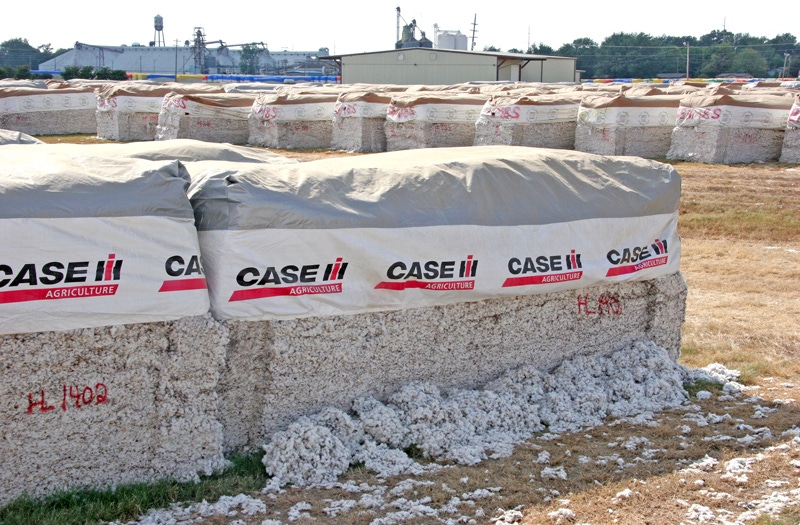March 8, 2011

Registration is open for 2011 Ginner Schools.
Dates for the schools are:
• Southwest Ginners School, Lubbock, Texas – March 28-30;
• Western Ginners School, Las Cruces, N.M. – May 10-12; and
• Stoneville Ginners School, Stoneville, Miss. – June 14-16.
Registration can be completed online at http://ncga.cotton.org.
Each level of Ginner Schools’ coursework is built on the previous level of instruction, with Level I as the foundation. Thus, beginning students, regardless of gin experience, should start with Level I, said Harrison Ashley, National Cotton Ginners’ Association executive vice president.
Level I courses are: Introduction to Cotton Ginning and the Industry; Maintenance of Auxiliary Gin Components; Basic Hydraulics; Basic Gin Safety; Maintenance and Adjustments for Seed Cotton Cleaners, Gin Stands, and Lint Cleaners; Air Utilization and Drying; and Electricity in the Gin.
Level II offerings include: Purpose and Operating Principles of Individual Gin Machines; Efficient Operation, Adjustment, and Maintenance of Gin Equipment; Pneumatics and Waste Collection; Electrical Systems; Hydraulic Systems; Gin Safety; Management Tips; and Roller Ginning (at the Western School only).
Level III features: Review of Functions of a Ginning System; Electrical Systems; Air Systems in the Gin; Drying and Moisture Restoration Systems; Matching Machinery Capacities in the System; Seed Cotton Unloading Systems and Management of Seed Cotton Handling Systems; Bale Presses and Hydraulic Systems; Safety Programs and Labor Regulations; Cottonseed Handling Systems; and Roller Ginning (at the Western School only).
In addition to Levels I, II and III, all schools will feature a two-day continuing education (CE) course for certified ginners and gin managers. They may register for the two days or for individual parts of the course with a minimum of one day registration. Check at each location for the order in which these will be covered.
The CE’s first day will focus on the press, including a review of basic hydraulics, press components, increasing speed and efficiencies, and bale tying/handling systems. The first day also will include a session on achieving better leaf grades.
The second day’s CE course discussion will cover air quality, emissions, permitting, technology such as cyclone design, and energy costs and controlling these costs.
You May Also Like




